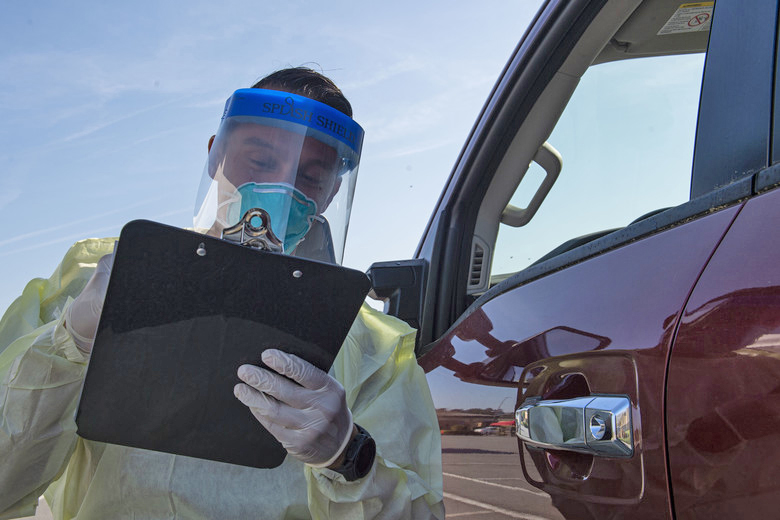Remember that MIT study that suggested that transit worsened the coronavirus crisis in New York City?
Well, the same (equally unlikely) thing can be said about cars, too!
Earlier in the month, Streetsblog posted Aron Levy's blistering takedown of MIT Economics Professor Jeffrey Harris's thesis that the subway system "was a major disseminator – if not the principal transmission vehicle – of coronavirus infection." Despite the debunk, Harris's contention remains part of the dialogue to this day — and contributes to the public perception that transit is dangerous.
But what if car ownership is the real vector? Inspired by a tweet from Aaron Carr, Streetsblog took the city's maps of COVID-19 infection rates and car ownership rates and turned it into a short movie (citywide and then focusing on several areas):
From comparing the maps alone, one could easily draw the conclusion that high rates of car ownership correlate to high rates of COVID-19 infection. But real data experts (and MIT economics professors) should never do that.
Besides, regardless of what maps of COVID-19 infection rates you use, the painful truth about this virus is clear: it punishes the poor, who are already cheated by a city playing with a marked deck.
"[The] noticeable correlation is with income – working-class areas have higher infection rates, perhaps because they have higher rates at which people are required to still show up to work, where they can be infected," wrote Levy.
So the point is not to blame areas of higher car ownership for spreading COVID-19, but to point out that just as cars didn't cause COVID, it's just as unlikely that transit caused it. Still, Carr isn't the first to notice the connection between COVID-19 and areas of high car ownership. Earlier this month, Market Urbanism writer Selim Furth also debunked Harris's paper and pointed the finger at cars — well, not really at cars, but at their owners.
"Affluence is a very strong, negative predictor of [COVID-19] case growth during April, partially because affluent people have fled the city in large numbers," Furth wrote.
"There are two reasonable explanations for the likely fact that coronavirus spreads more along roads than rails," Furth concludes. "First, subway-dependent people may have cut their travel more than car-dependent people. Since travel brings us in contact with others at our destinations (stores, jobs, restaurants), the excess drop in travel may have made subway people safer precisely because the subway seems so dangerous. Second, and less obviously, subway-dependent people likely have more geographically-determined circles of contact. Car owners can move freely well beyond their immediate neighborhood."
The main solution, of course, is more subways, not less, in a crisis — which, ironically, was one of Harris's conclusions, despite his accusatory tone.
“We agree with only one opinion in Harris's thesis: ‘From the public health perspective, the optimal policy would have been to double—maybe even triple—the frequency of train service,'" said Nick Sifuentes, executive director of the Tri-State Transportation Campaign.






